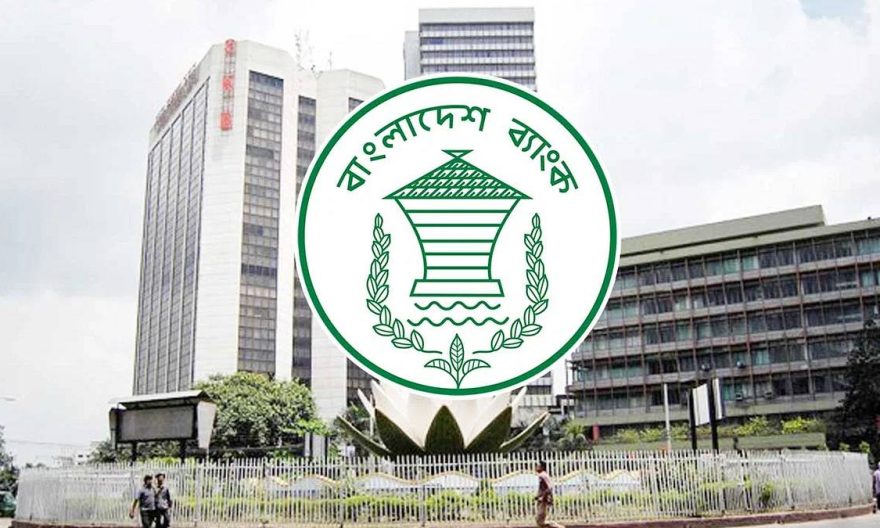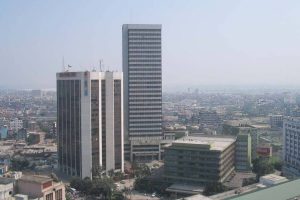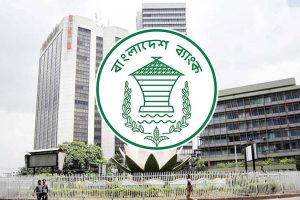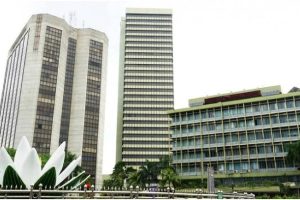
In a strategic move to curb inflation, the Bangladesh Bank (BB) is contemplating a policy rate hike for the second half of the ongoing fiscal year (January-June), as revealed by a central bank official. The potential adjustment involves increasing the repo rate, the benchmark rate at which banks borrow from the central bank, by 25 to 50 basis points. This move could position the policy rate between 8% to 8.25%, following a 50 basis points increase in November 2023.
Analysts anticipate a direct impact on borrowing costs, with banks likely to raise interest rates on loans. The adjustment could lead to increased expenses for businesses and individuals, potentially influencing spending patterns and investment decisions.
Simultaneously, the central bank is considering reducing the spread between the interest rates of the standing lending facility (SLF) and the standing deposit facility (SDF). Officials suggest that this reduction in the spread could result in a more confined corridor, ranging between ±150 to ±175 basis points.
Commercial banks, addressing liquidity needs, borrow from the central bank through the repurchase agreement or repo rate. The central bank’s adjustments aim to shift from a money supply-based monetary policy to an interest rate-based approach.
Despite multiple adjustments to the policy rate over the last six months, the central bank has faced challenges in controlling inflation. Managing directors of commercial banks anticipate a rise in lending rates due to the increase in the policy rate, affecting borrowing costs and subsequently impacting the lending market.
Aligned with a contractionary monetary policy, the central bank raised rates for all types of treasury bills by 10-20 basis points. The new monetary policy, targeting an inflation rate between 6-7%, will be officially announced on January 17, following its finalization in a central bank board meeting.
As of December, Bangladesh’s overall inflation stood at 9.41%, according to data from the Bangladesh Bureau of Statistics. The first-half monetary policy for FY24 introduced key reforms, including a policy interest rate corridor, reference interest rate for lending, exchange rate unification, and revised methods for calculating the gross international reserve in line with international standards.











